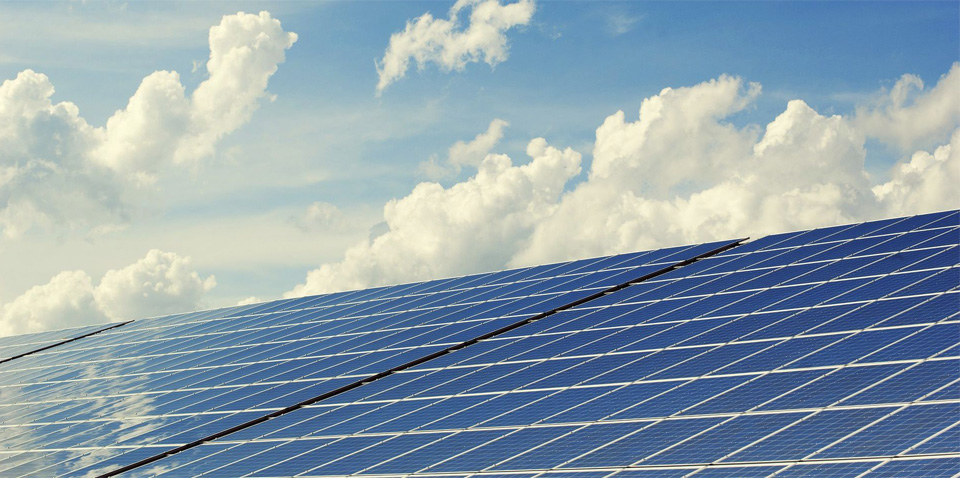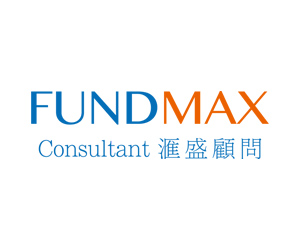Want to be in the loop?
subscribe to
our notification
Business News
LAW OFFERS REAL ESTATE BREAKTHROUGH
“This will mean foreign invested enterprises will be allowed to own land and develop property directly, along with foreigners being allowed to own apartments and houses,” said Tizzard.
Tizzard explained that a foreign developer will be able to buy land and develop their property without having to find and negotiate a deal with a local partner, which should speed up the time taken as well as reduce the development risk of the project.
In addition, there is suddenly a huge new market for products among foreigners and Vietnamese living abroad. “With yields from property in other countries much lower than in Vietnam, foreigners will be looking closely at real estate in Vietnam, both in Hanoi and Ho Chi Minh City as well as tourist areas such as Danang and Nha Trang and perhaps other areas as the country continues to develop,” he said.
Meanwhile, Nguyet Nguyen, senior associate from Mayer Brown JSM commented that the revised law on real estate business is being hailed as providing a breakthrough for the real estate market.
According to Nguyet, one of the outstanding aspects of the revised law was to open the door for foreign organisations and individuals to purchase houses.
The revised law also allows foreign organisations and individuals to purchase constructed facilities for use as offices, production facilities, and business or service functions.
In addition, foreign-invested enterprises are also allowed to lease houses and constructed facilities for sub-leasing.
Developers of residential projects, Nguyet added, will also benefit from banks acting as guarantors on as-yet constructed properties. “If the developer fails to hand over the houses as agreed, the purchaser may request the guarantor to return the advance and other payments they have made to the investors,” she said.
“This is the first time guarantees in the sale of property have been incorporated into law. The provision is intended to ensure that developers are financially viable and greater security is provided to buyers,” she added.
In addition, the revised Law on Real Estate Business stipulates that the legal capital for real estate business not to be less than VND20 billion ($952,000), compared to the legal capital of just VND6 billion ($285,000) under the current laws.
“However, as development of a real estate project in reality requires a large investment capital, this adjustment of the legal capital is reasonable, it is the first step to identifying and sorting out financially capable investors,” she said.
Nguyet also cited that another important highlight was the right to break up larger projects into more manageable pieces. “While investors under the current laws may only assign the whole of a residential project, an industrial zone infrastructure project or a new urban project, the revised law allows an investor of a real estate project (not limited to the three above types as in the current laws) to assign the whole or part of such project to another investor for the latter’s continued investment,” she added.
However, Tizzard said that there remain problems that need to be addressed in the revised law.
These include the time taken to move and compensate those displaced by development. “Currently, it is up to the developer to negotiate with affected parties and there are no formal laws governing the amount of compensation to be paid or the timescale to move, unlike in other countries such as the UK,” Tizzard said. This creates a huge amount of uncertainty and potential cost for developers.
In addition, many developers have previously bought land with the intention of developing the land once clearance and compensation has happened (and once the property market had recovered) but were unable to continue with their developments due to delays in resettlement.
The revised laws also means that land use right fees (LUR) are now based on a market price, which basically means that the fee payable to the government to obtain the LUR certificate is a lot more than it used to be.
“Many developers bought land in the past and had a significant amount of time (normally 5 years) in which to pay these LUR fees, which they believed would be very low. However, now these fees are much higher and will mean that many development sites are unfeasible. This could lead to a lot of developers either going bankrupt or deciding against developing the land, causing further problems,” he said.
Source: VIR
Related News

SPECIAL INVESTMENT PROCEDURE: A GAME CHANGER FOR HIGH-TECH PROJECTS IN VIET NAM
Viet Nam is poised for a regulatory shift with the upcoming implementation of a special investment procedure starting earlier next year. Starting from January 15, 2025, investors will be able to enroll for investment under special procedures as outlined in the Draft Decree detailing the Investment Law.

CLEAR LEGAL FRAMEWORK NEEDED TO UNLOCK DIGITAL ASSET POTENTIAL
The past decade has seen remarkable advancements in technology worldwide, particularly in digital assets such as blockchain, cryptocurrencies, asset tokenization and decentralized finance (DeFi). Once unfamiliar, digital assets have now become integral to the global financial system. Leading nations in this field not only to drive innovation but also establish a strategic edge in the global economy.

VIETNAM TO RANK AMONG TOP 15 LARGEST ECONOMIES IN ASIA BY 2025
Based on data from the International Monetary Fund (IMF), Seasia Stats predicts that Vietnam’s economy will reach $506 billion in 2025, earning it a place in the top 15 largest economies in Asia. “Vietnam is rapidly developing thanks to its manufacturing boom and strong foreign investment inflows,” Seasia Stats noted.

PM ORDERS SWIFT RESOLUTION OF CHALLENGES FOR RENEWABLE ENERGY PROJECTS
Prime Minister Phạm Minh Chính has laid stress on the need to complete the resolution of obstacles for renewable projects by February 2025 to prevent wastefulness, contributing to ensuring electricity for development.

VIETNAM'S GDP GROWTH WILL LEAD THE REGION IN 2025
A report published by Oxford Economics on December 16 noted that Vietnam's economy has been the region's outperformer in 2024, with full-year growth likely at 6.7 per cent on-year. The country is expected to continue to outperform its peers next year, growing by 6.5 per cent.

HANOI'S ECONOMY CONTINUES TO SUSTAIN GROWTH
Speaking at the opening session of the 20th meeting of Hanoi People’s Council on December 4, Deputy Chairman of Hanoi People’s Committee Ha Minh Hai reported that the capital’s economy has maintained high growth, with regional GDP rising by 6.12 per cent in the first nine months of the year, and expected to exceed 6.5 per cent for the full year.

































